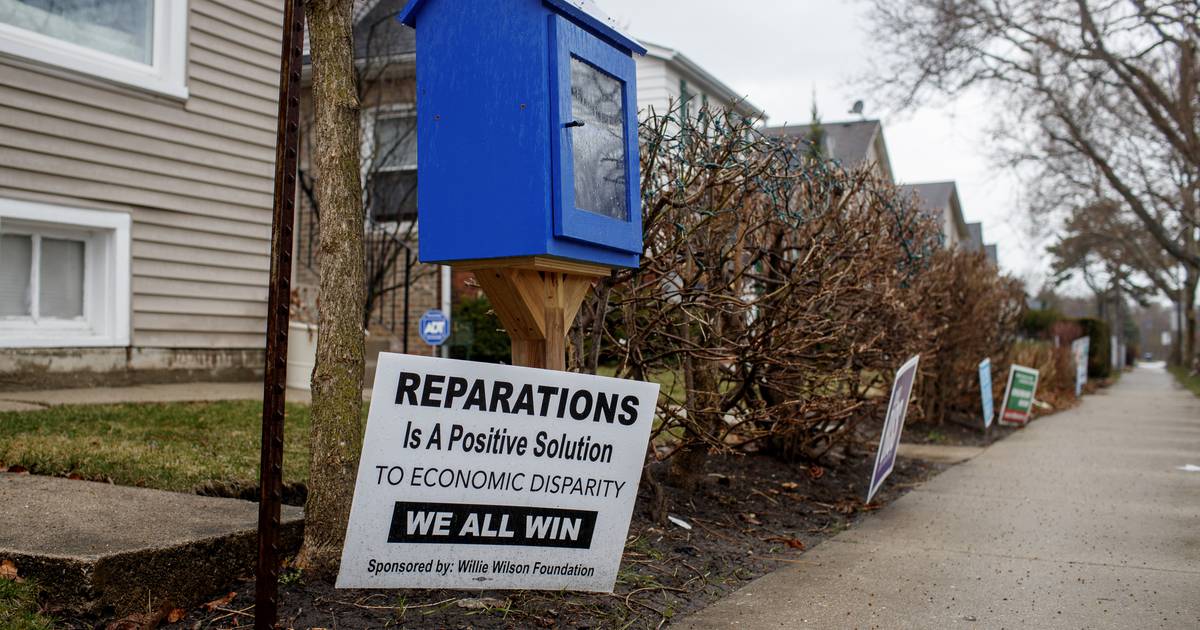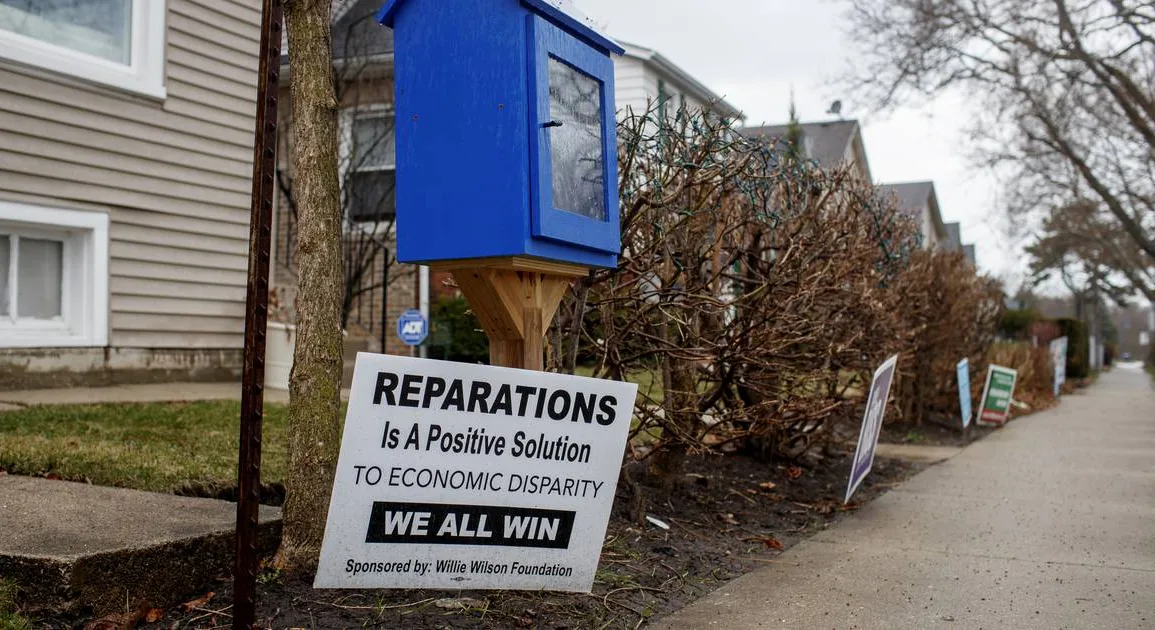
The Evanston Reparations Committee is looking to move its reparations fund to a Black-owned financial establishment.
The fund currently is managed by Byline Bank, according to Clayton Black, the city’s budget manager.
During the Nov. 2 Reparations Committee meeting, Black said the city would be “totally open” to moving the fund, but stated there are a few financial policy requirements the chosen bank would have to meet. This includes a 105% collateral on the investment, among others. The fund currently receives a 5.5% interest rate at Byline.
Reparations Committee Chair Robin Rue Simmons said the interest is an important factor in choosing the new bank as the committee wants to see recipients get the most out of the funding.
“It’s very important the money is safe and growing,” Simmons said. “We would expect our finance department to have all protections for the reparations fund as we do with all other funds.”
Krissie Harris, Carlis Sutton and Simmons suggested several financial institutions such as Liberty Bank, Phi Beta Sigma Federal Credit Union and Trinity United Church of Christ Credit Union. Plans call for city staff to look into the specifics of what each bank can provide and bring that information back to the committee.
The committee also welcomed Mike Dykes as the new program construction administrator to help those who choose to use their reparations for home repairs and home purchase get the most for their money. Dykes is an Evanston resident, area landlord and 30-year general contractor.
“I am kind of like the Rosetta Stone between that customer and the contractor that does the work,” Dykes said. “For me, this is a mission-based bull’s-eye project because it helps me keep somebody that looks like me holding onto something that I think is going to be valuable for their building blocks for long-term financial success.”
His salary was made possible through a $100,000 grant from the Chicago Community Trust. Dykes currently has 13 recipients to begin working with. He will do walk-throughs of the homes letting residents know of any repairs he sees as necessary, but the recipients will have the power to spend their money as they choose.
“I know that my plan is to be an advocate for the homeowner and recipient because that’s who I’m going to see in the grocery store,” Dykes said.
To date, the committee has verified 443 direct descendants, those who are directly related to an adult resident of Evanston from 1919 to 1969, of the 492 applicants. In response to feedback from direct descendants, the committee will vote next meeting to move forward with an electronic random selector tool to choose recipients for funding.
Simmons hopes to hold a public meeting in January where selections can be made.
Those in the ancestor group, those who were adults in Evanston from 1919 to 1969 and directly impacted by racial housing policies, are currently being served with direct descendants coming next. As of Nov. 1, the city has met with 119 ancestors with 12 requesting further time to consider their benefit selection. An estimated $2,711,595 has been distributed thus far.


